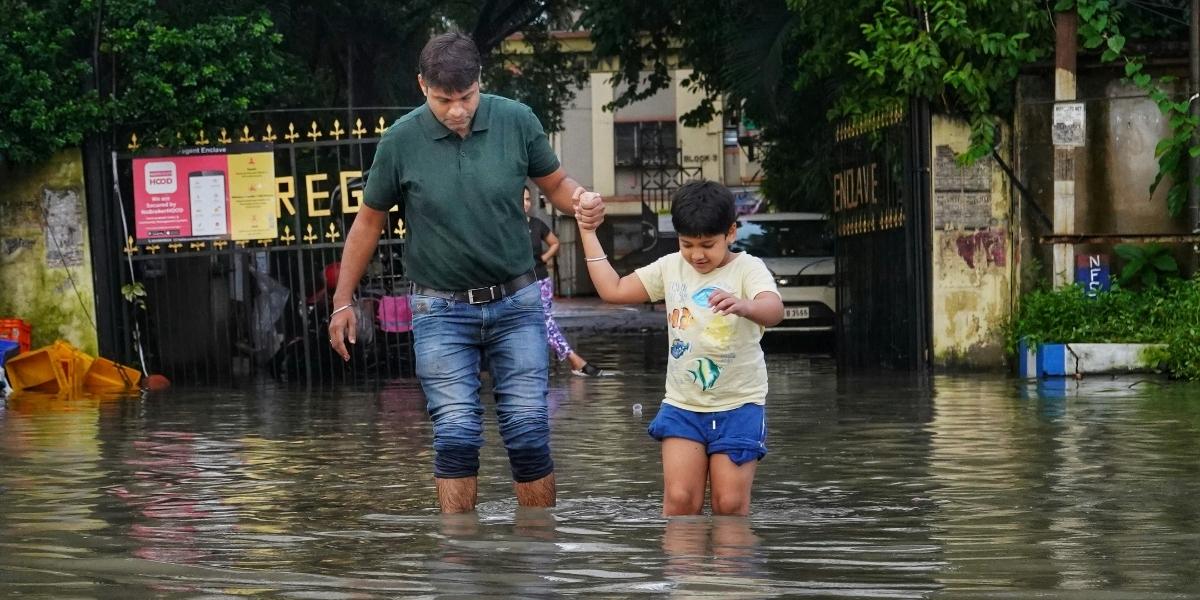Why Is Valentine’s Day More Than Just a Romantic Celebration?
Valentine’s Day is often portrayed as a holiday for couples, filled with romantic gestures, candlelit dinners, and heartfelt gifts. However, love is far more expansive than just romance. This day offers an opportunity to celebrate the deep connections that exist in different aspects of life—within families, friendships, self-love, and the broader community.
Recognizing love in its many forms fosters a greater sense of appreciation, connection, and inclusivity. Whether it’s expressing gratitude to close friends, cherishing the support of family, or engaging in acts of kindness, Valentine’s Day is a time to honor love in all its beautiful variations.
Read Also: The Power of Music in Connecting Cultures
How Do People Express Romantic Love on Valentine’s Day?
Romantic love has long been at the heart of Valentine’s Day traditions. Couples use this day to express appreciation for their partners through meaningful gestures, shared experiences, and thoughtful surprises. The ways people celebrate love have evolved over time, but the essence remains the same—connection, intimacy, and appreciation.
Many choose to celebrate through gift-giving, handwritten notes, or quality time together. Romantic experiences, such as dining at a favorite restaurant, planning a weekend getaway, or recreating a special first date, bring an element of nostalgia and joy.
Beyond material gifts, couples also express love through emotional support, deep conversations, and shared laughter. The modern celebration of love embraces personalized experiences over grand gestures, focusing on meaningful connection rather than obligation.
Why Is Familial Love an Important Part of Valentine’s Day?
Love within families is one of the strongest and most enduring forms of connection. Valentine’s Day serves as a reminder to appreciate the unwavering love of parents, children, and siblings.
Parents often take this opportunity to show affection to their children through small yet meaningful gestures—handwritten notes, thoughtful surprises, or quality time spent together. Similarly, siblings exchange tokens of appreciation, recognizing the unique and irreplaceable bond they share.
For many, extended family plays a crucial role in supporting and shaping their lives. Expressing gratitude to grandparents, aunts, uncles, and cousins strengthens family ties, fostering a deeper sense of unity and love.
How Can Friendship Be Celebrated on Valentine’s Day?
Friendships are one of the most cherished relationships in life. Valentine’s Day is the perfect occasion to celebrate the joy, laughter, and unwavering support that friendships bring.
Many choose to recognize friendships by sending messages of appreciation, planning get-togethers, or exchanging small gifts. In recent years, “Galentine’s Day” has grown in popularity, providing a fun way for friends to honor their connection through brunches, outings, or simple acts of kindness.
Friendships provide emotional support, companionship, and a sense of belonging. Celebrating these relationships on Valentine’s Day reinforces the importance of loyalty, trust, and shared experiences in non-romantic connections.
Why Is Self-Love Essential for Overall Well-Being?
Self-love is often overlooked but plays a critical role in mental and emotional well-being. Valentine’s Day serves as a reminder to prioritize self-care, self-acceptance, and personal growth.
Practicing self-love can take many forms—engaging in a favorite hobby, treating oneself to a relaxing day, or simply acknowledging personal achievements. Taking time to appreciate one’s own worth fosters confidence, resilience, and inner peace.
Self-love also involves setting boundaries, maintaining a positive mindset, and practicing self-compassion. When individuals cultivate a healthy relationship with themselves, they can extend love more fully to those around them.
How Does Valentine’s Day Inspire Community and Compassion?
Love is not limited to personal relationships; it extends to acts of kindness, generosity, and compassion for others. Valentine’s Day can be a time to give back to the community, show appreciation for those in need, and spread positivity.
Many people volunteer at shelters, support charitable organizations, or engage in random acts of kindness. Whether it’s writing appreciation notes for essential workers, donating to a meaningful cause, or simply sharing kindness with strangers, these actions contribute to a more loving and inclusive world.
Building strong communities rooted in love, support, and mutual respect creates lasting bonds that go beyond individual relationships. Valentine’s Day is an opportunity to spread love in a way that uplifts not only loved ones but society as a whole.
How Has Valentine’s Day Evolved Over Time?
The origins of Valentine’s Day date back centuries, rooted in history, mythology, and cultural traditions. What once began as a religious feast day honoring St. Valentine has transformed into a global celebration of love in all its forms.
Throughout history, love has been expressed in different ways—through poetry, handwritten letters, symbolic gifts, and public celebrations. Over time, the commercialization of Valentine’s Day introduced cards, chocolates, and extravagant displays of affection.
Modern perspectives on love continue to shift. Many now emphasize the emotional and experiential aspects of love over material expressions. The focus has broadened to include all forms of love, making the holiday more inclusive and meaningful for everyone.
Why Should Love Be Celebrated Every Day?
While Valentine’s Day provides a special occasion to express love, it should not be limited to just one day. Love is an ongoing practice that requires nurturing, attention, and appreciation throughout the year.
Read Also: Balancing Resource Use and Sustainability in the U.S.
Small, everyday gestures—a kind word, a thoughtful action, or a moment of shared laughter—hold just as much value as grand celebrations. Prioritizing love in daily interactions fosters stronger relationships, emotional fulfillment, and a deeper sense of connection.
By recognizing love in all its forms, individuals create a world that is more compassionate, understanding, and enriched with meaningful connections.
Published by Drake M.





